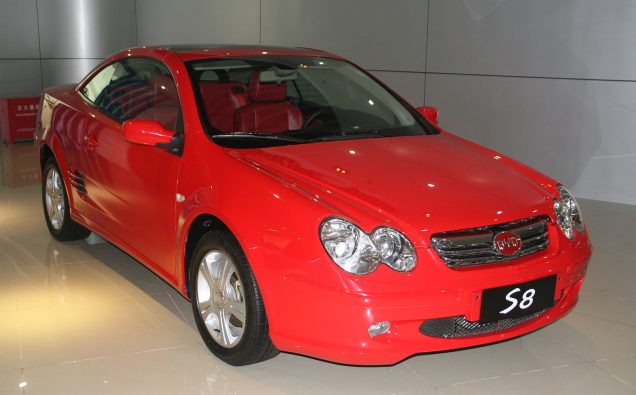
The world’s largest electric auto manufacturer BYD has entered into an agreement with a Pakistani group for the manufacturing of battery-based vehicles in the South Asian country.
BYD, the leading Chinese automaker, is following an aggressive investment campaign to capture a share of international auto market and has already set up in 44 plants in countries around the world.
In Pakistan, BYD Co. Ltd and Rahmat Group will work jointly to make electric vehicles, which will roll out in 2024.
Business experts say the introduction of electricity-propelled vehicles in Pakistan will force existing auto players to move towards the electric mobility to stay in competition since such vehicles are efficient and cost a less than costly petroleum.
Already, BYD has a turnover of $250 billion and it will be an immensely positive prospect in the auto sector of Pakistan, experts say people will no longer have to rely on exorbitantly priced imported fuels.
Pakistan will also save a lot of money by cutting down on its import bill.
Islamabad has recently okayed the country’s first-ever electric vehicle (EV) policy and several companies are expected to foray into the market of over 200 million people.
Japanese auto giant Toyota, one of the biggest players in Pakistan, has alreay signed an agreement with BYD to manufacture electric cars around the world.
BYD is also planning to set up charging stations in Pakistan which will be done in association with the leading oil company in the country, Total Parco. This way, the introduction of electric cars will reduce carbon emissions and save the atmosphere from the adverse effects of pollution.
“We want to phase out traditional cars other vehicles that are contributing to air pollution and smog . Ultimately, hybrid and electric cars will replace the existing automobiles,” Pakistan’s Prime Minister, Imran Khan told a press conference in eastern city of Lahore.
He believes that the exhausts from the automobiles is contributing 60 percent of the total air pollution in Pakistan.
According to the adviser to PM on Climate Change, Malik Amin Aslam, the arrival of electric cars will reduce the country’s oil import bill by $2 billion annually.
Also, the government aims to launch an electric-based transport system that will revolutionize the transport sector as well.
Aslam says the government is in the process of issuing SRO’s related to the electric vehicle policy that will kick-off the shift towards electric mobility.
As far as consumers are concerned, the electric cars will reduce the maintenance cost of the vehicles thus offering a major benefit.
A local private company has also successfully developed an EV conversion kit that could be used to convert a combustion engine vehicle into an electric vehicle. The PM has the vision to convert 30% of the vehicles in the country to electric by the year 2030.
However, the government’s efforts to introduce electric vehicles have come in for criticism from the domestic automobile industry.
Almost all auto-sector stakeholders have termed the approval of the policy an “ad hoc decision”.
They are e in favor of introducing electric cars in Pakistan, but not at the cost of domestic industry.
“We are unable to understand who has drafted and approved such a policy,” remarked an official of a Japanese car manufacturer was quoted by media.
“The approval came as a shock to domestic automobile players whose consent was not sought by government officials on this key issue.”
The federal cabinet approved the electric vehicle policy on Tuesday under which 100,000 cars would be imported over a period of five years. The government earlier shared the vision to convert at least 30% of vehicles into electricity-powered by 2030 and aimed to achieve the target by charging only 1% general sales tax on the import of electric vehicles.
















